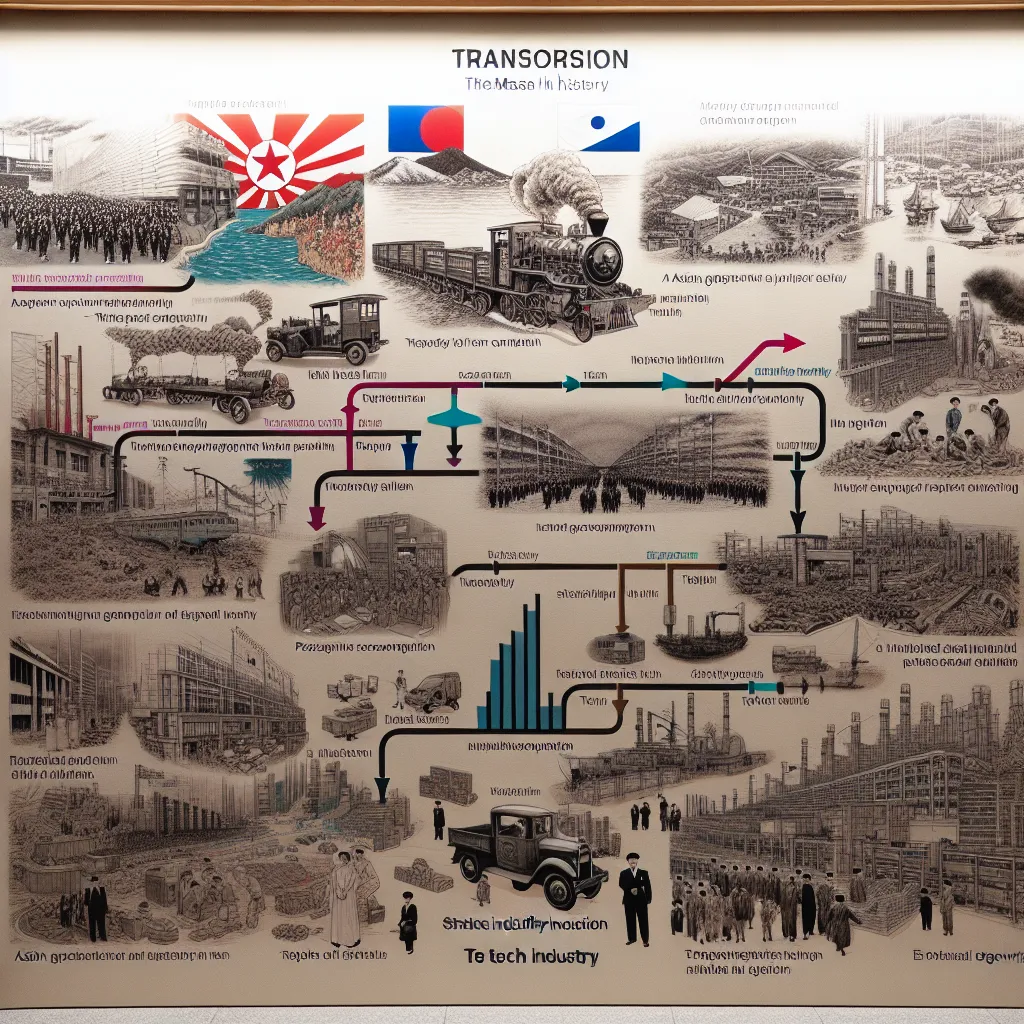Samsung has become a giant in the tech world, but its roots are deeply entwined with the turbulent history of Korea. While some American tech legends like Apple sprouted in garages, Samsung’s origins are quite different and rather dramatic.
In the early 20th century, Korea was in a tough spot. It had been dominated by the Japanese Empire, which annexed it in 1910. During the occupation, many Koreans lost their lands and livelihoods to Japanese settlers. The suppression was harsh, with Koreans even being forced to adopt Japanese names and abandon their language.
After World War II, Korea regained its independence in 1945. Despite the chaotic military administrations of the US and the USSR, there was a glimmer of hope among the people. One such hopeful was Lee Byung-Chul. During the Japanese occupation, he had managed to start a small transportation business in 1938 called Samsung, which began by exporting groceries. The company had a fortunate start, given its strategic location in Masan, a key port city for Japanese exports.
Although Lee wasn’t overtly collaborating with the Japanese, his business did benefit from the occupation since he could secure loans from Japanese banks. After Korea’s liberation, opportunities flooded in as the Korean government redistributed Japanese assets at bargain prices to rebuild the nation. Samsung was primed for growth, but then the Korean War erupted, devastating much of South Korea’s infrastructure and economy.
By war’s end, South Korea was in dire need of reconstruction. Hyperinflation gripped the nation, and the future looked bleak. However, the US stepped in with aid similar to the Marshall Plan. Billions of dollars flowed into South Korea throughout the 1950s. Samsung, thanks to Lee’s connections with the first South Korean President, was a significant beneficiary of this aid.
The government granted Samsung favorable terms, allowing it to become the largest exporter of scrap iron. With American relief funds, Samsung diversified, venturing into manufacturing sugar, flour, and eventually textiles. Samsung’s growth was explosive, averaging 93% annually in the 1950s. They also received generous credit terms and used that capital to acquire banks.
In 1961, a military coup changed the political landscape, but Lee maneuvered adeptly, ensuring Samsung’s continual growth. The new administration aimed to expand exports massively, a mission for which Samsung was well-prepared. By 1969, Samsung Electronics was founded, benefiting from government policies that offered tax reductions for electronics companies. This era marked the start of Samsung’s journey into becoming a household name, producing televisions and washing machines. The leap into semiconductors and smartphones followed naturally.
Samsung’s success is a testament to Lee’s strategic alignment with political powers. Today, Samsung stands as a symbol of Korean modernization and global tech innovation. The company remains a public entity, allowing investors worldwide to share in its storied success.






